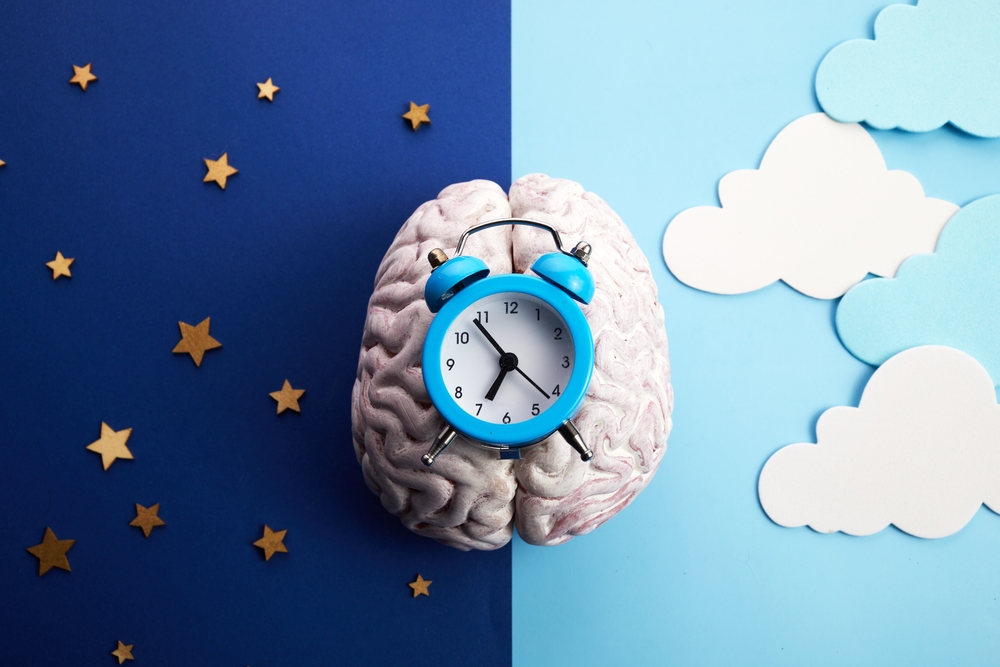Unveiling the Mysteries of Chronobiology: Optimizing Health with our Biological Clock
Have you ever wondered why we feel sleepy around the same time every night or why we crave food at certain times? This is no random phenomenon but an intricate play of our body's internal clock, also known as our circadian rhythm. The science studying these biological rhythms is called Chronobiology. Let's delve into its mysteries and learn how we can enhance our health by syncing with our biological clock.

The Genesis of Chronobiology: Understanding our Biological Clock
Chronobiology, as a scientific discipline, has its roots in the early 18th century. French scientist Jean-Jacques d’Ortous de Mairan observed that plants kept in constant darkness still opened and closed their leaves as if they were exposed to daylight. This led to the understanding of an internal biological clock.
The groundbreaking discovery of circadian rhythms won Jeffrey C. Hall, Michael Rosbash, and Michael W. Young the Nobel Prize in Physiology or Medicine in 2017. They identified the gene responsible for our internal clock and how it influences our physiology and behavior.
The Current Perspective: Chronobiology in Health and Disease
Research in Chronobiology has opened new avenues in understanding human health. Our body’s functions - hormone production, sleep-wake cycle, digestion, and even cell regeneration - are all bound by our biological clock.
Disruption of our circadian rhythm can lead to various health issues, including sleep disorders, obesity, depression, and cardiovascular diseases. On the other hand, aligning our lifestyle with our circadian rhythm can optimize our health and well-being.
The Science of Chronobiology: Benefits, Challenges, and Credibility
The benefits of understanding and aligning with our biological clock are immense. It can optimize sleep, enhance cognitive function, improve digestion, aid weight management, and even boost mood.
However, modern lifestyle often challenges our biological rhythm. Long working hours, shift work, jet lag, and exposure to artificial light at night can disrupt our internal clock.
Fortunately, Chronobiology’s credibility is well-established in scientific literature, with numerous studies demonstrating the connection between our circadian rhythm and overall health.
Fascinating Insights into Chronobiology
- Our biological clock influences not only our sleep-wake cycle but also our eating habits. It’s why we feel hungry around the same time every day.
- Light is the most potent regulator of our circadian rhythm. Exposure to natural light in the morning and limiting artificial light at night can help sync our biological clock.
- Even our gut has a circadian rhythm. It’s more efficient at digesting and absorbing nutrients at certain times of the day.
Conclusion
Understanding and aligning with our biological clock, a concept central to Chronobiology, can significantly enhance our health and well-being. By respecting our internal rhythms, we can optimize our physical functions, improve our mood, and potentially prevent various health issues. So, are you ready to sync with your body’s internal clock and unlock a healthier, happier you?




